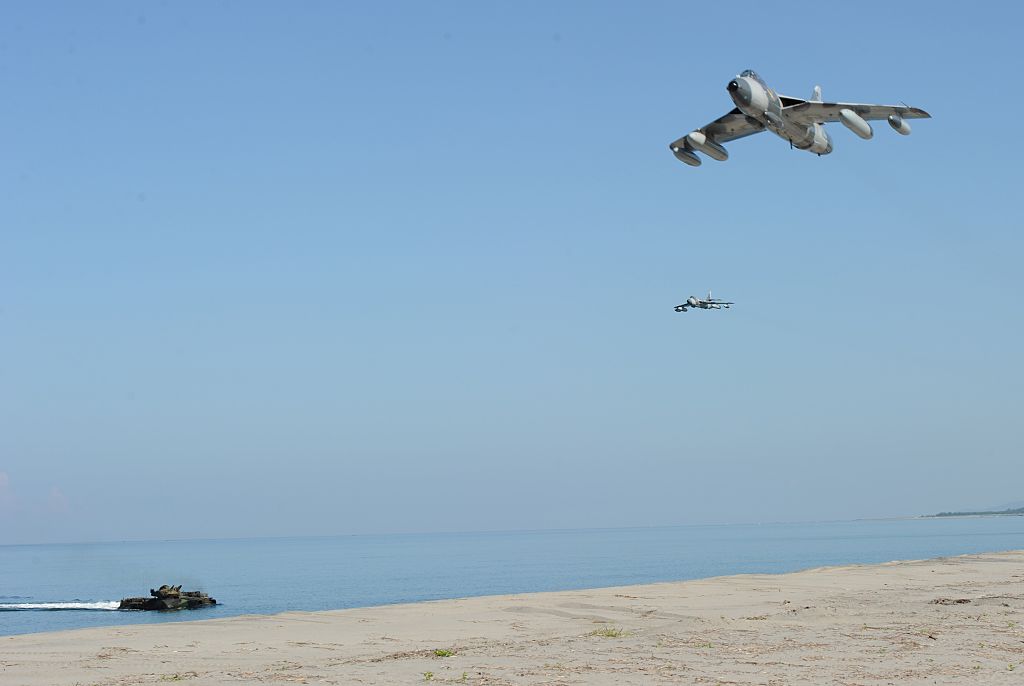BEIJING – China on Friday accused the U.S. of militarizing the South China Sea, just days after it was revealed Beijing had deployed surface-to-air missiles on an island in the hotly disputed area.

Chinese Foreign Ministry spokesman Hong Lei told reporters that patrols by U.S. military aircraft and Navy vessels, along with joint exercises involving regional partners were the true reason why concerns were growing over peace and stability.
“The above actions have escalated tensions in the South China Sea, and that’s the real militarization of the South China Sea,” Hong said.
U.S. and Taiwanese officials this week confirmed commercial satellite images showing the missiles placed on Woody Island in the disputed Paracel chain.

Get daily National news
China has not denied the appearance of the missiles, but says it is entitled to defend its territory and points to the construction of lighthouses, weather stations and other infrastructure undertaken to provide more “public goods and services to the international community.”
The deployment follows China’s building of new islands by piling sand atop reefs and then adding airstrips and military installations. The buildup is seen as part of Beijing’s efforts to claim virtually the entire disputed sea and its resources.
The Philippines, which claims waters and features east of Woody island, on Friday said it was “gravely concerned” by reports of the missile deployments.
“Such actions negate China’s earlier commitment not to militarize the South China Sea,” the Department of Foreign Affairs said in a statement.
Although not one of the six governments with claims in the South China Sea, the U.S. says it has a national interest in the region’s stability and freedom of navigation and overflight in and above what are some of the world’s busiest sea lanes.
Secretary of State John Kerry has suggested that the positioning of missiles and other signs of increasing militarization contradicted a public assurance from Chinese President Xi Jinping when he visited the White House last September.
Hong’s comments represent China’s attempt to turn that accusation back on Washington, a cause to which it has rallied its entirely state-controlled media outlets.
China’s “defensive deployment on Yongxing targets external military threats,” the Communist Party newspaper Global Times said in an editorial, using China’s name for Woody Island. “The U.S. is bold about imposing pressure on China, and China must make an appropriate response.”





Comments